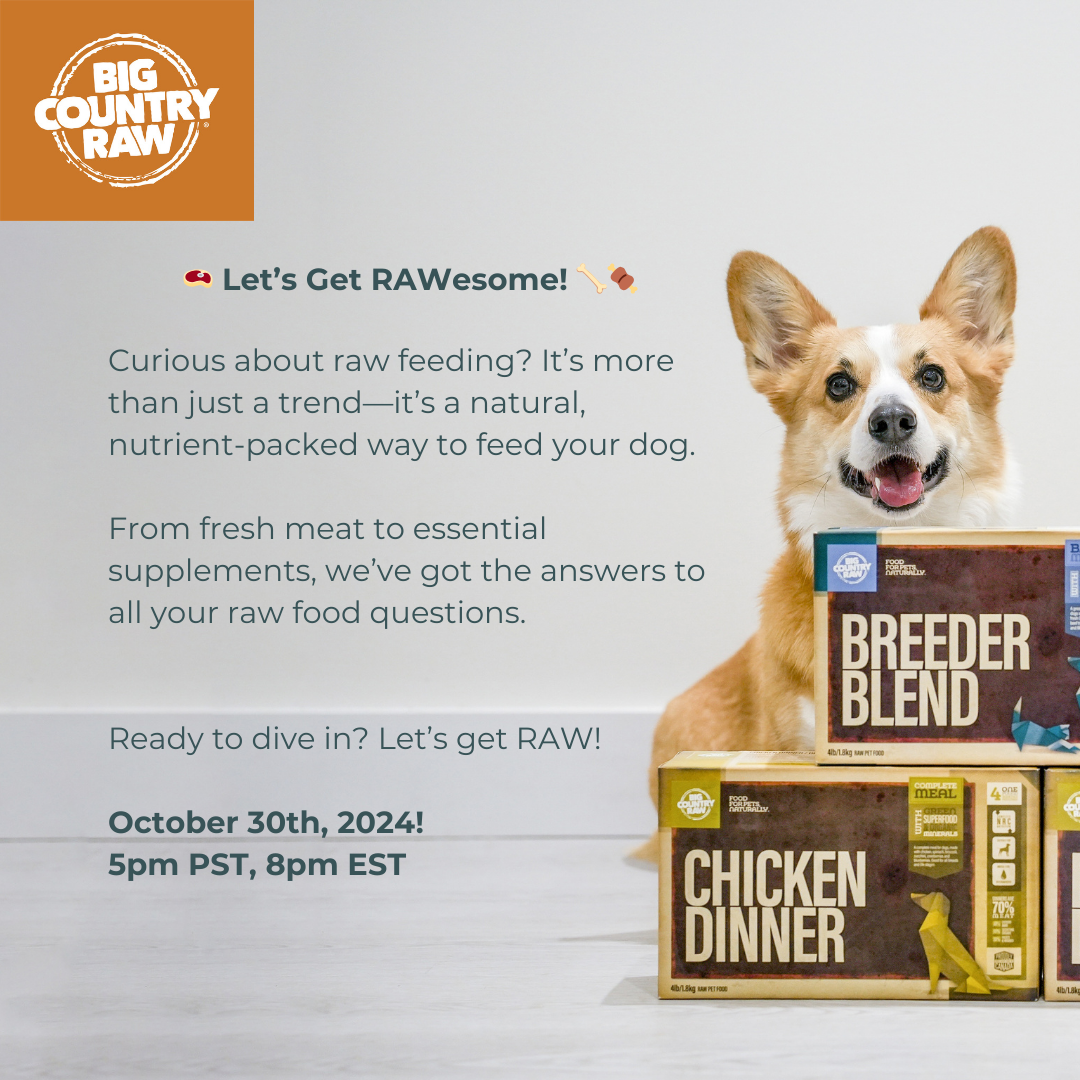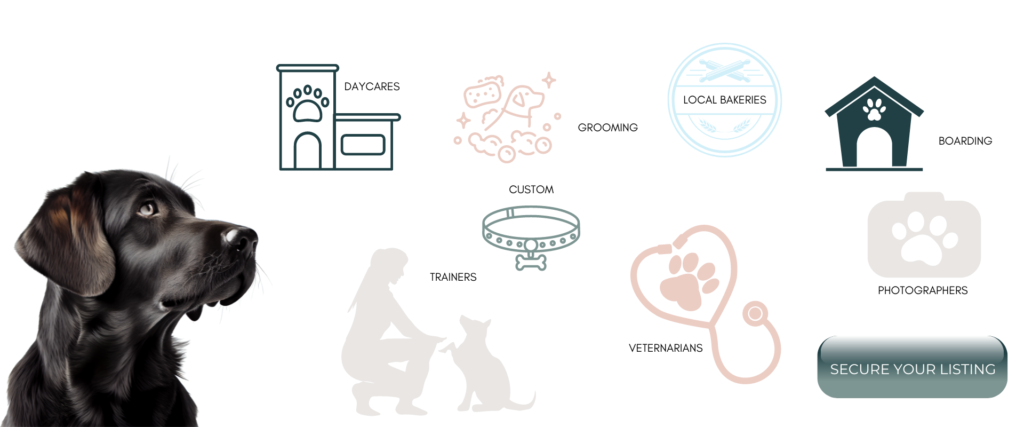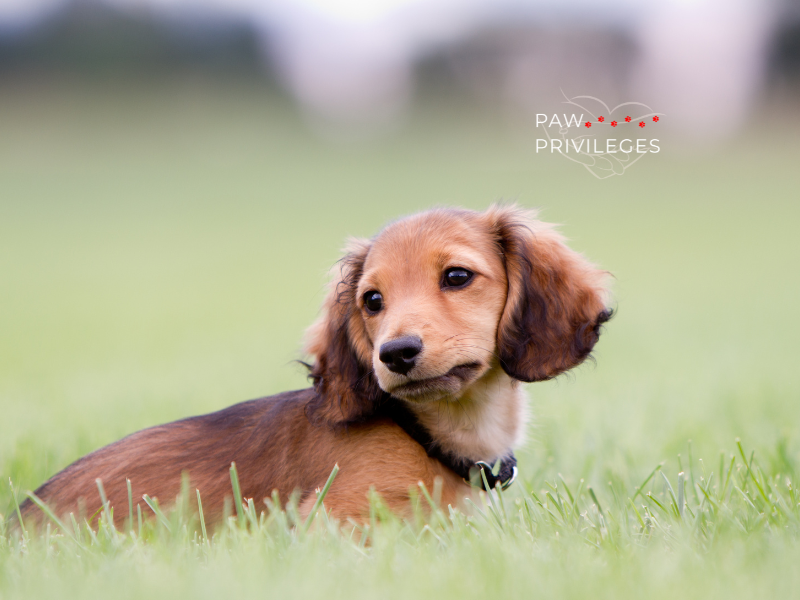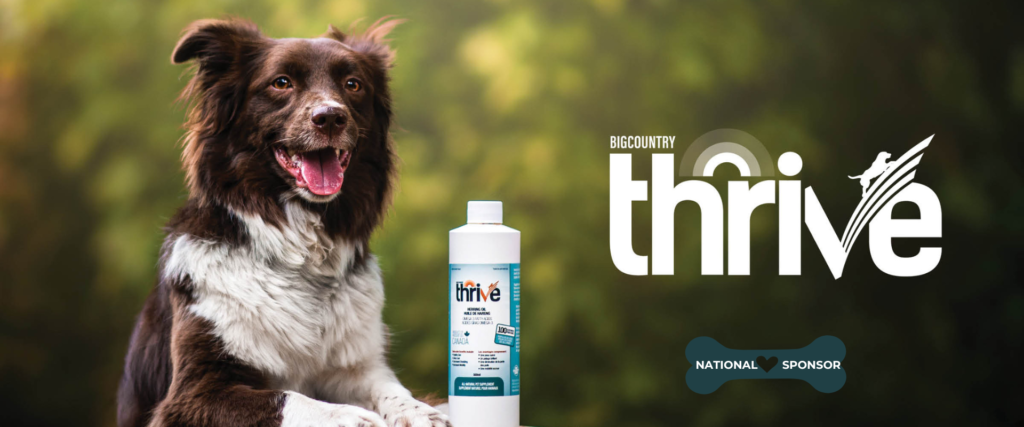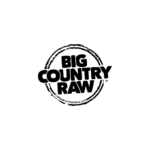Ethical Breeding is More Than Just a Registry
Ethical Breeding is More Than Just a Registry
When searching for a new puppy, many people start by looking for breeders who are registered with a reputable organization. While registration can be a positive indicator, it’s important to understand that ethical breeding goes far beyond a registry number. Registration alone doesn’t guarantee that a breeder is prioritizing the health and well-being of their dogs. Ethical breeding is about the comprehensive care of not only the puppies but also the breeding dogs themselves.
What is Ethical Breeding?
Ethical breeding is about ensuring the health, happiness, and welfare of the breeding dogs. It’s not just about producing puppies; it’s about maintaining the well-being of the dogs throughout their lives. This includes providing top-notch nutrition, regular veterinary care, enriching activities, and ensuring that they are not overbred. Many registries, unfortunately, do not have strict guidelines on these critical aspects of breeding, leaving it up to the breeder’s discretion.
Why Nutrition and Veterinary Care Matter
Proper nutrition and regular vet check-ups are foundational elements of ethical breeding. A responsible breeder invests in high-quality food tailored to the specific needs of their breeding dogs, ensuring they receive all the essential nutrients to stay healthy and produce healthy litters. Veterinary care is not limited to the occasional check-up; it’s a consistent part of a dog’s life, including health screenings, vaccinations, and treatments for any conditions that may arise.
The Importance of Activities and Enrichment
Breeding dogs are not simply kept for the purpose of producing puppies. Ethical breeders ensure their dogs have fulfilling lives outside of breeding. This means regular exercise, mental stimulation, and socialization. Dogs involved in activities like agility, obedience, or even simple daily walks are happier and healthier, which directly impacts the quality of the puppies they produce. Happy, well-rounded dogs are more likely to produce puppies with stable temperaments and good health.
Overbreeding: A Serious Concern
One of the most significant concerns in the world of breeding is overbreeding. Overbreeding occurs when a dog is bred too often or for too many years, leading to a decline in health and vitality. At Responsible Breeders of Canada, we believe in strict breeding guidelines to prevent this. We ensure that no dog is bred past the age of 7 and limit breeding to a maximum of 5 litters for those breeding back-to-back.
Why is this important? Overbreeding can lead to smaller litters, difficult whelping, and increased complications during pregnancy and delivery. The risks to both the mother and her puppies increase significantly if a dog is bred too old or too frequently. Ethical breeders understand these risks and prioritize the long-term health of their dogs over the desire for more litters.
Questions to Ask Your Breeder
As a prospective puppy owner, it’s essential to ask the right questions. Don’t be afraid to inquire about how many litters the dam (mother dog) has had, her age, and her overall health. A responsible breeder will be transparent about these details and will be happy to discuss the care and consideration given to their breeding dogs.
Why Ethical Breeding and Ownership Go Hand in Hand
When you choose a puppy from an ethical breeder, you’re not just getting a new pet; you’re supporting a practice that prioritizes the well-being of dogs throughout their lives. It’s crucial that, as a prospective owner, you show concern not only for the puppy you’re bringing home but also for the sires (fathers) and dams who are producing those puppies. This is what ethical breeding and responsible ownership look like.
In conclusion, while registration with a breeder’s organization can be a useful starting point, it’s essential to dig deeper. Ethical breeding encompasses much more than just a registry number; it’s about the holistic care of the breeding dogs and ensuring that they are treated with the utmost respect and care throughout their lives. When you choose an ethical breeder, you’re making a responsible choice that supports the health and well-being of not just your future puppy, but also the dogs that made that puppy possible. To find breeders who meet these high standards, visit ResponsibleBreeders.ca, where ethical breeding practices are confirmed and upheld.

